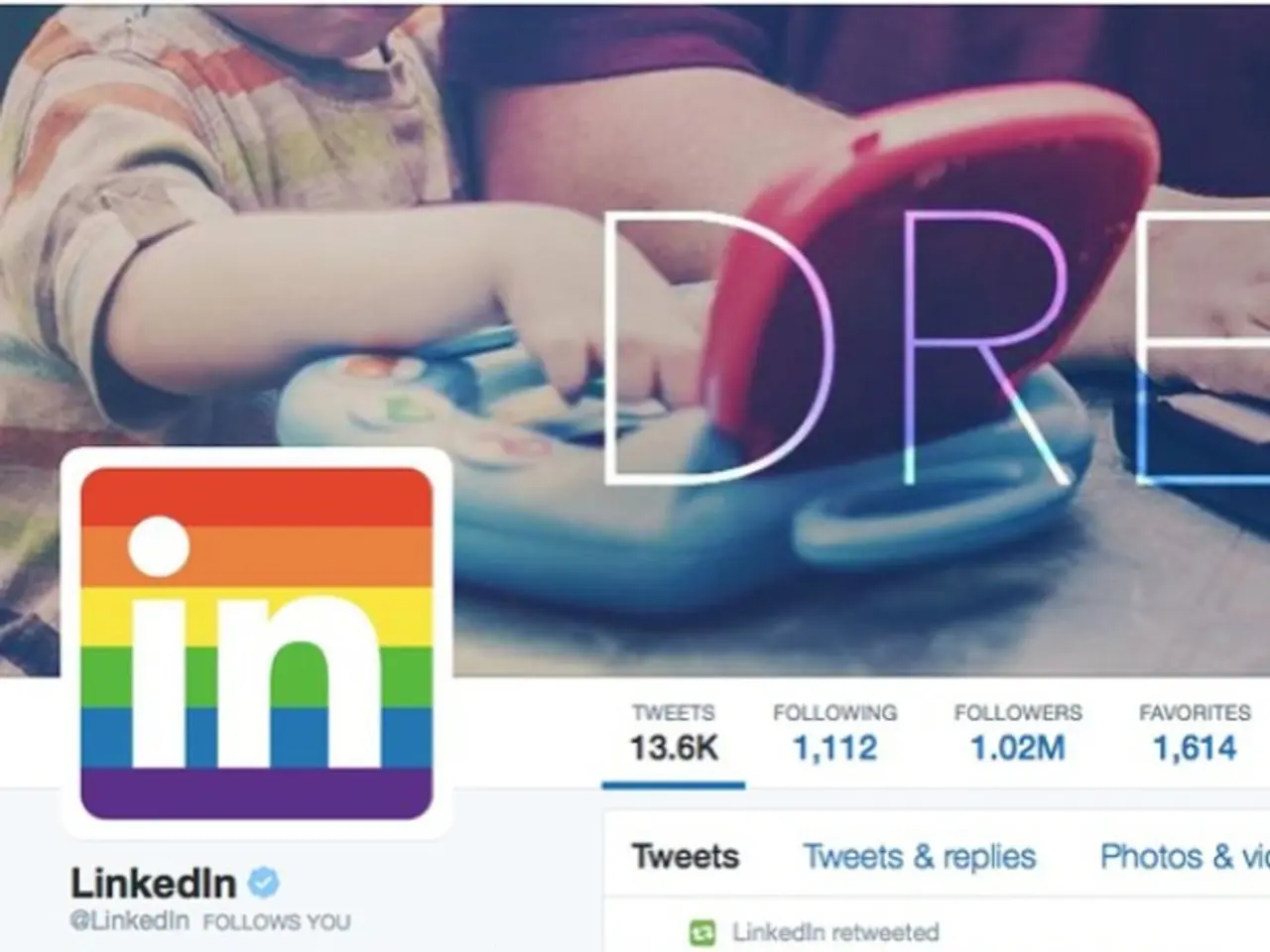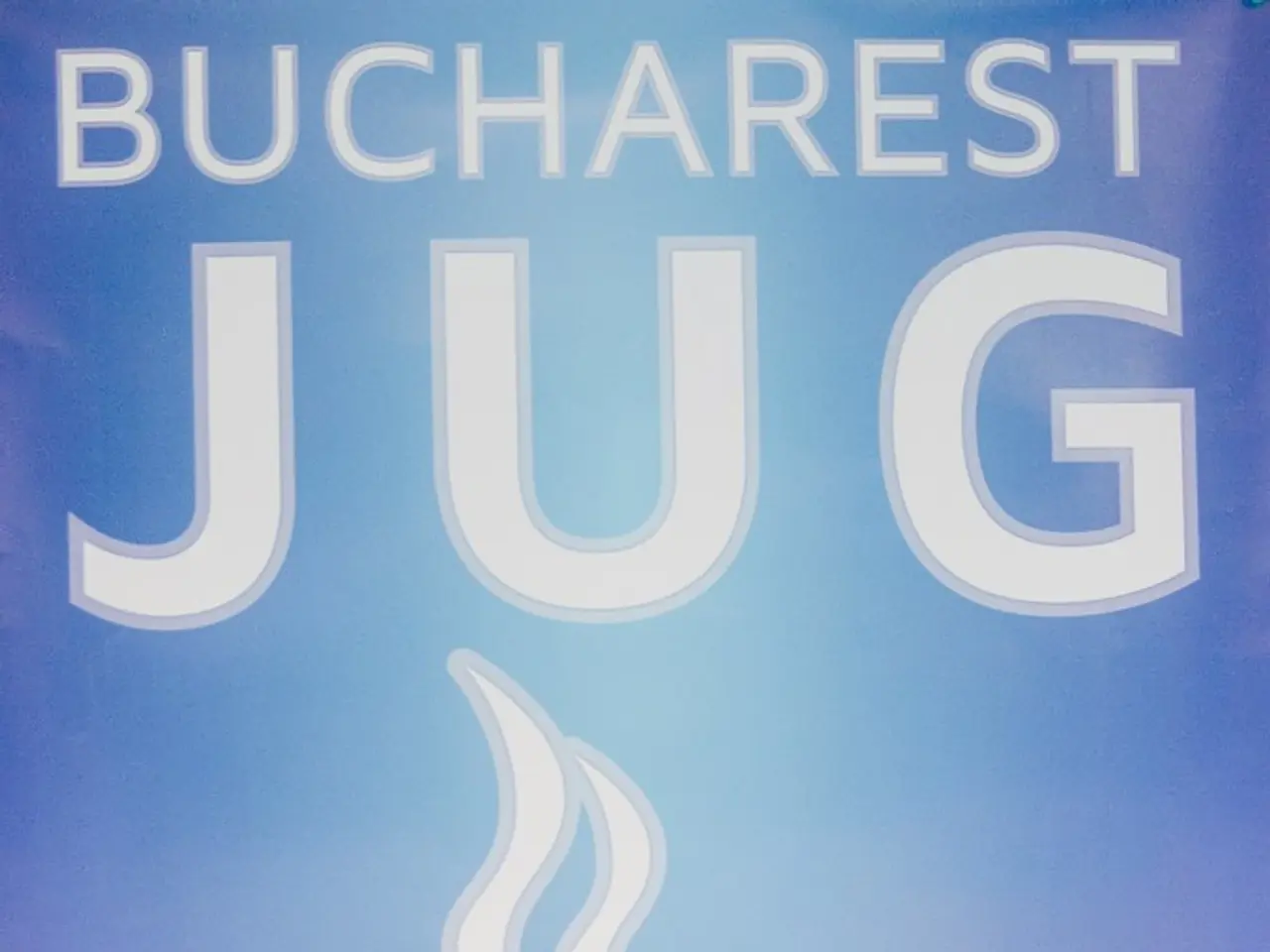Top 5 Applications of Decentralized Finance (DeFi)
Decentralized Finance (DeFi) revolutionizes the financial industry, leveraging blockchain technology to create an open, inclusive, and efficient ecosystem. With smart contracts powering its operations, DeFi offers permissionless finance that empowers people worldwide. Here are some of the most significant DeFi use cases that have gained popularity:
Lending and Borrowing Platforms
Lending and borrowing platforms are at the heart of Decentralized Finance. These platforms allow users to take loans without intermediaries like traditional banks. They also provide lending protocols that pay interests in stablecoins or cryptocurrencies. EOS and Ethereum are the most popular blockchains for DeFi lending and borrowing. Some of the top platforms in this space are:
Compound
Compound is a money market protocol that facilitates transactions in multiple cryptocurrencies, such as BAT, DAI, ETH, USDC, REP, and ZRX tokens. Its native currency, cToken (cBAT), is the base for lenders and borrowers within the ecosystem. Compound's dynamic interest rate structure is a unique selling point, as it responds to market conditions, making it an attractive option for adaptable lending and borrowing strategies.
MakerDAO
MakerDAO is an Ethereum-based lending and borrowing platform that offers support for both DAI and ETH tokens, allowing users to borrow funds in Dai. MakerDAO stands out for its multi-collateral approach, enabling borrowers to deposit various assets as collateral, aiming to mitigate the impact of price volatility on a single purchase. It also plays a crucial role in maintaining the stability and functionality of the decentralized financial system.
Aave
Aave is a DeFi platform where users can lend and borrow cryptocurrencies seamlessly. Its distinctive feature, flash loans, allows users to borrow instantly and without collateral, provided that the liquidity is returned within the same transaction. Aave's decentralized approach achieves transparency and autonomy within its ecosystem, fostering trust among users.
Asset Management
DeFi asset management tools function as digital custodians without engaging in banking or commercial services. They provide wallet apps and tools that help crypto holders manage their assets effectively. Melon and Yearn Finance are two notable platforms in this sector:
Melon
Melon offers asset management solutions to users. Utilizing Ethereum (ETH) and ERC tokens, users can manage both their own wealth and the assets of others within the Melon ecosystem. Its decentralized approach fosters transparency and autonomy, making it a reliable choice for asset management in the decentralized world.
Yearn Finance
Yearn Finance simplifies the process of yield farming, enabling users to maximize their returns on crypto assets across various DeFi platforms. By automating complex strategies, it creates an accessible environment for users to manage and optimize their portfolios effectively.
Decentralized Exchanges
Decentralized exchanges (DEXs) facilitate peer-to-peer transactions of cryptocurrencies without the need for intermediaries. Uniswap and SushiSwap are top examples in this space:
Uniswap
Uniswap is a popular DEX that allows users to swap various ERC-20 tokens directly from their wallets. It utilizes an automated market maker (AMM) model to determine prices and provide liquidity, ensuring a seamless trading experience.
SushiSwap
SushiSwap, initially a fork of Uniswap, offers features such as yield farming and staking, in addition to facilitating transactions. It lets users earn rewards by providing liquidity and participating in governance decisions, making it an attractive option in the DeFi space.
Insurance
Crypto insurance is an essential aspect of DeFi. DeFi insurance protocols allow users to take out policies on smart contracts and digital assets by pooling funds to cover individual claims. Nexus Mutual and Opium are some of the leading players in this market:
Nexus Mutual
Nexus Mutual enables users to take out insurance policies on smart contracts and digital assets by pooling funds to cover individual claims. It is one of the leading platforms in the DeFi insurance market.
Opium
Opium provides decentralized insurance products and derivatives, allowing users to hedge against various risks in the cryptocurrency market. It offers customizable insurance policies tailored to individual needs.
Decentralized Finance continues to evolve, expanding its reach and capabilities. With its rapid growth, Decentralized Finance is set to reshape the traditional financial landscape, offering a more inclusive, efficient, and transparent financial system for all.
- DeFi, powered by smart contracts, offers a permissionless and open financial ecosystem, revolutionizing the industry.
- Lending and borrowing platforms form the core of Decentralized Finance, eliminating intermediaries such as traditional banks.
- Compound is a money market protocol that facilitates transactions in multiple cryptocurrencies, using cToken for lenders and borrowers within its ecosystem.
- MakerDAO is an Ethereum-based platform, offering DAI and ETH loans with a multi-collateral approach to mitigate price volatility.
- Aave is a DeFi platform that empowers users to lend and borrow cryptocurrencies seamlessly, featuring flash loans for instant, collateral-free transactions.
- Melon offers asset management solutions, allowing users to manage their wealth and others' assets within an Ethereum-based ecosystem.
- Yearn Finance simplifies yield farming, helping users maximize returns on crypto assets across various DeFi platforms.
- Uniswap is a popular DEX that facilitates peer-to-peer ERC-20 token trading directly from wallets, utilizing an automated market maker model.
- SushiSwap is a DEX that offers features like yield farming and staking, providing liquidity and enabling users to earn rewards and participate in governance decisions.
- DeFi insurance protocols, like Nexus Mutual, allow users to insure smart contracts and digital assets by pooling funds to cover individual claims.
- Opium offers decentralized insurance products and derivatives, allowing users to hedge against various cryptocurrency market risks.
- The DeFi landscape continues to evolve, expanding its reach and capabilities with promising growth and potential to reshape traditional finance.
- Decentralized Finance is set to create a more inclusive, efficient, and transparent financial system for all, altering the conventional financial framework.
- Governance within DeFi protocols allows users to participate in decision-making processes, enhancing the transparency and trust within these systems.
- Staking is a common practice in DeFi, which involves locking cryptocurrencies as collateral to earn rewards.
- Venture capital firms are investing in DeFi projects, acknowledging the potential for growth and innovation in this space.
- DeFi ventures also collaborate with oracle networks to provide reliable price prediction data and integration with real-world financial systems, such as regulation and web3 finance integration.





